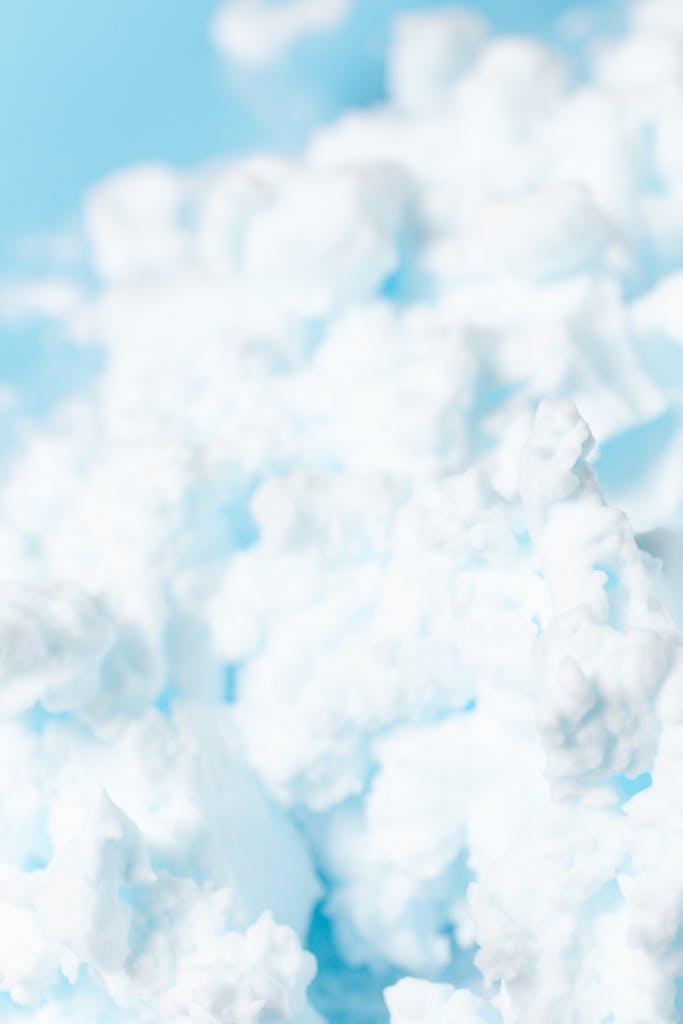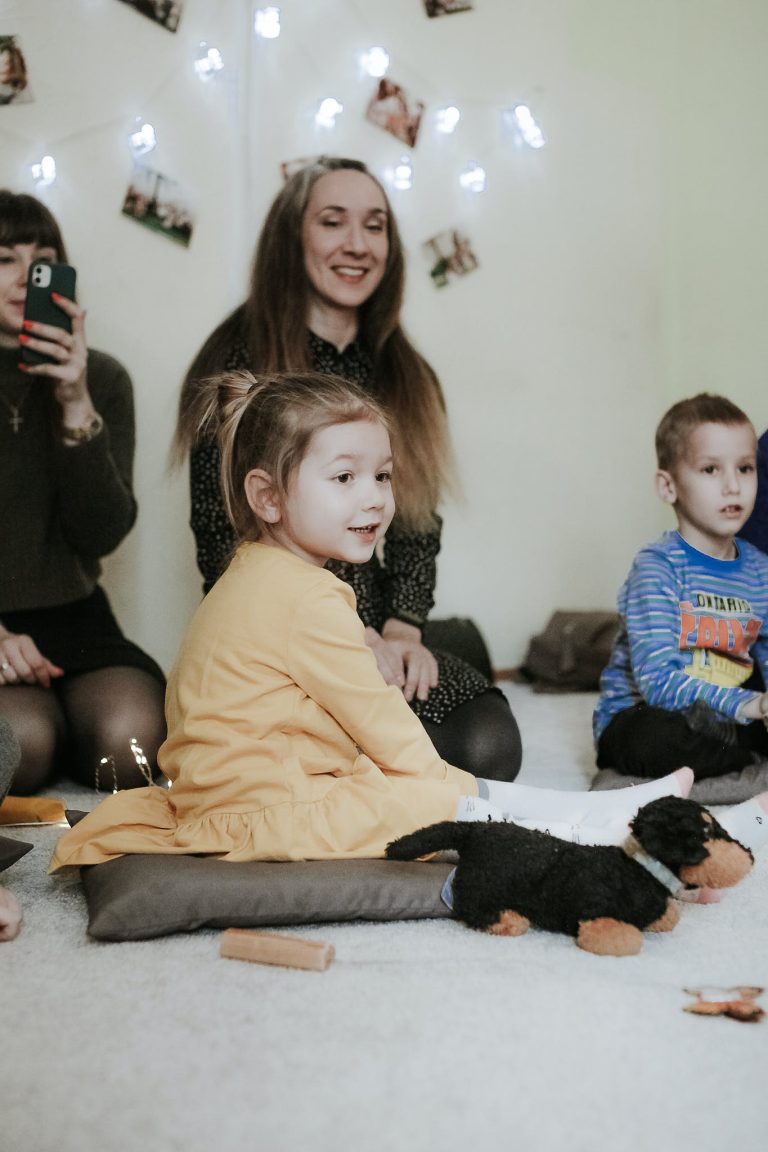101 Ultimate Sensory Bin Fillers (Grouped by Type)
Table of Contents
Looking to take your sensory play to the next level? It all starts with the right filler! Whether you’re creating a calm-down corner, a themed learning activity, or just looking for a fun, hands-on way to engage your child, sensory bin fillers are the foundation of it all. In this guide, you’ll discover a wide variety of sensory bin fillers—safe, creative, and budget-friendly—that are perfect for every age, season, and sensory need.

🌾 Dry Fillers (Classic & Affordable)
These are the most common sensory bin bases. Easy to store, easy to clean, and great for scooping or hiding small toys.
- Dyed rice
- Plain rice
- Dyed pasta
- Lentils
- Chickpeas (plain or dyed)
- Dried beans
- Popcorn kernels
- Split peas
- Birdseed
- Oats (plain or colored)
- Cornmeal
- Dry cereal (Cheerios, Fruit Loops)
- Sand (play or craft)
- Kinetic sand
- Colored salt
- Cotton balls
- Pom poms
- Confetti
- Shredded paper
- Craft feathers
- Fabric scraps
- Beads (larger, non-choking hazard)
- Buttons
- Dry moss
- Fake snow (instant or homemade with baking soda)

🥣 Edible or Taste-Safe Fillers
Perfect for toddlers or children with sensory sensitivities.
- Cooked spaghetti (can be dyed)
- Jello (cut into cubes)
- Cooked rice
- Cornstarch and water (Oobleck)
- Whipped cream
- Pudding
- Cooked tapioca pearls
- Applesauce
- Mashed potatoes
- Yogurt (plain or colored)
- Edible sand (graham cracker crumbs)
- Sugar crystals
- Ice cubes
- Gummy candies
- Marshmallows
- Crushed cereal
- Flour
- Coconut flakes
- Cooked couscous or quinoa
- Chia pudding
- Chocolate chips
- Edible slime (e.g., marshmallow + cornstarch)

💧 Wet and Messy Fillers
These bins can be thrilling, especially in summer or outside play.
- Water with food coloring
- Soap foam
- Shaving cream
- Bubble water
- Water with essential oils (supervised use)
- Gel beads (if child is old enough and won’t eat them)
- Mud (outdoor fun!)
- Ice cubes with toys inside
- Slime
- Jelly bath
- Water with ice and sea creatures
- Water with floating items (boats, flowers)
- Sensory snow (baking soda + conditioner)
- Cornstarch mud
- Gelatin with hidden objects
- Flower petals in water
- Paint with brushes
- Soapy water with sponges
- Colored ice cubes

🌿 Nature-Inspired Fillers
Great for outdoor bins or seasonal themes.
- Leaves (real or fake)
- Pinecones
- Small sticks or twigs
- Grass clippings
- Acorns
- Sand and shells
- Dried flowers
- Potting soil
- Mulch
- Pebbles
- River rocks
- Small wood slices
- Dried herbs (lavender, rosemary)
- Flower petals
- Tree bark
- Moss
- Hay or straw
- Seed pods

🌈 Themed or Unique Fillers
Perfect for holidays, birthday bins, or special celebrations.
- Easter grass
- Valentine heart beads
- Colored tissue paper strips
- Wrapping paper confetti
- Halloween slime
- Jingle bells
- Christmas pom poms
- Mini erasers (themed)
- Metallic shredded paper
- Glow-in-the-dark stars
- Sand and gold coins for pirate bin
- Toy bugs in soil
- Mini pumpkins in dry corn
- Dried orange slices and cinnamon sticks
- Sequins and glitter (use sparingly!)
- Water beads (if age-appropriate and supervised)
- Lavender-scented oats for calm-down bins
How to Choose the Right Filler
Here’s how to narrow down your options:
✔️ Consider Age
- Toddlers: Stick with large, edible or taste-safe fillers.
- Preschoolers: Use small manipulatives, dry fillers, or themed materials.
- Older kids: Let them help make slime, snow, or create their own “recipes.”
✔️ Match the Theme
- Ocean bin? Try blue dyed rice, shells, and plastic sea animals.
- Construction bin? Add gravel, black beans, and small vehicles.
- Holiday bin? Use seasonal colors and scented materials.
✔️ Choose Based on Sensory Needs
- For calming bins: Use lavender-scented oats, pom poms, or kinetic sand.
- For high stimulation: Try slime, beads, or textured pasta.
- For fine motor skill building: Use beans, scoops, and tweezers.
Tips for Using and Storing Fillers
- Store dry fillers in airtight containers or Ziploc bags.
- Reuse fillers when possible—label each one by name and date.
- Keep a small broom and dustpan handy for easy cleanup.
- Involve kids in clean-up as part of the play!
- Rotate fillers regularly to keep the experience fresh.
Favorite Filler Combos to Try
Looking for inspiration? Try these ready-made combos:
- Rainbow Bin: Dyed rice + mini rainbow objects + scoops
- Dino Dig: Kinetic sand + plastic dinosaurs + small rocks
- Bug Hunt: Soil or black beans + toy bugs + magnifying glass
- Calm Corner: Lavender oats + pom poms + scoop + fidget toy
- Treasure Hunt: Colored salt + gold coins + gems
- Winter Wonderland: Fake snow + silver pom poms + animals
Final Thoughts
The possibilities for sensory bin fillers are endless! Whether you’re putting together a quick rainy day activity or building a therapeutic tool for your child, the filler is your foundation. Mix and match, get creative, and most importantly, follow your child’s interests and sensory needs.
Want more ideas, printable guides, or premade bins? Join our newsletter or check out Sarah’s Sensory Shop for themed boxes and DIY kits that take the guesswork out of sensory play.







